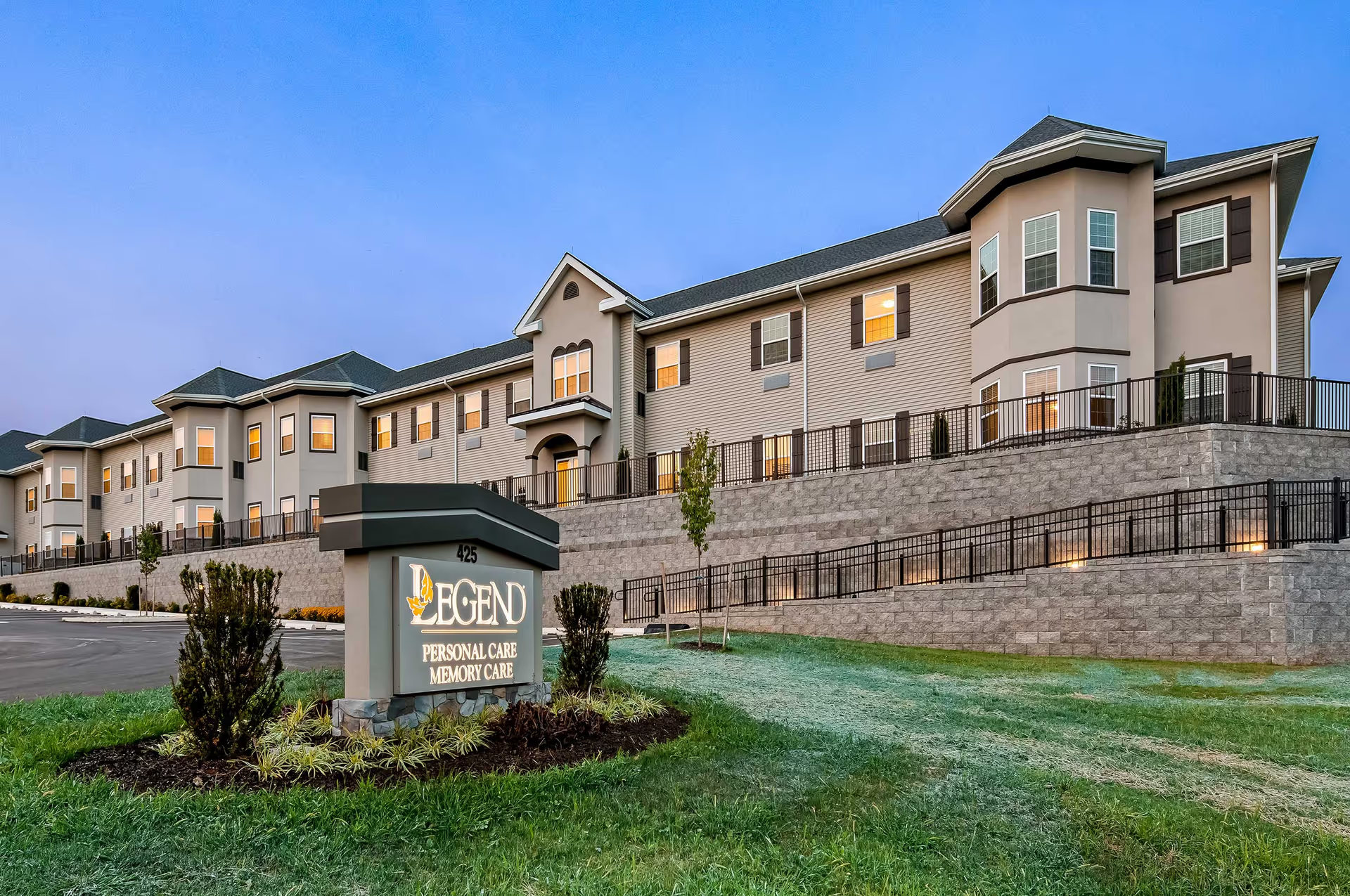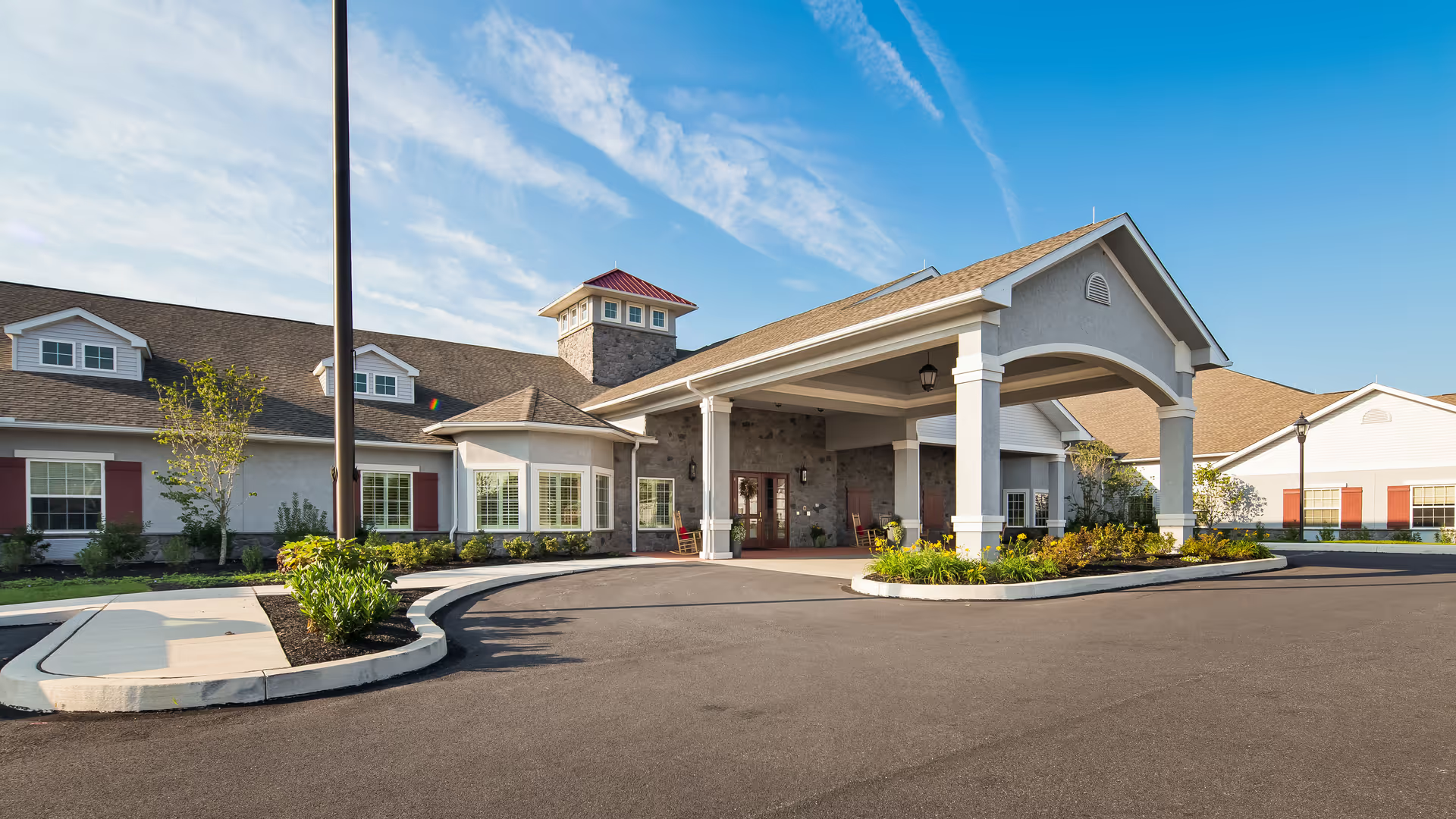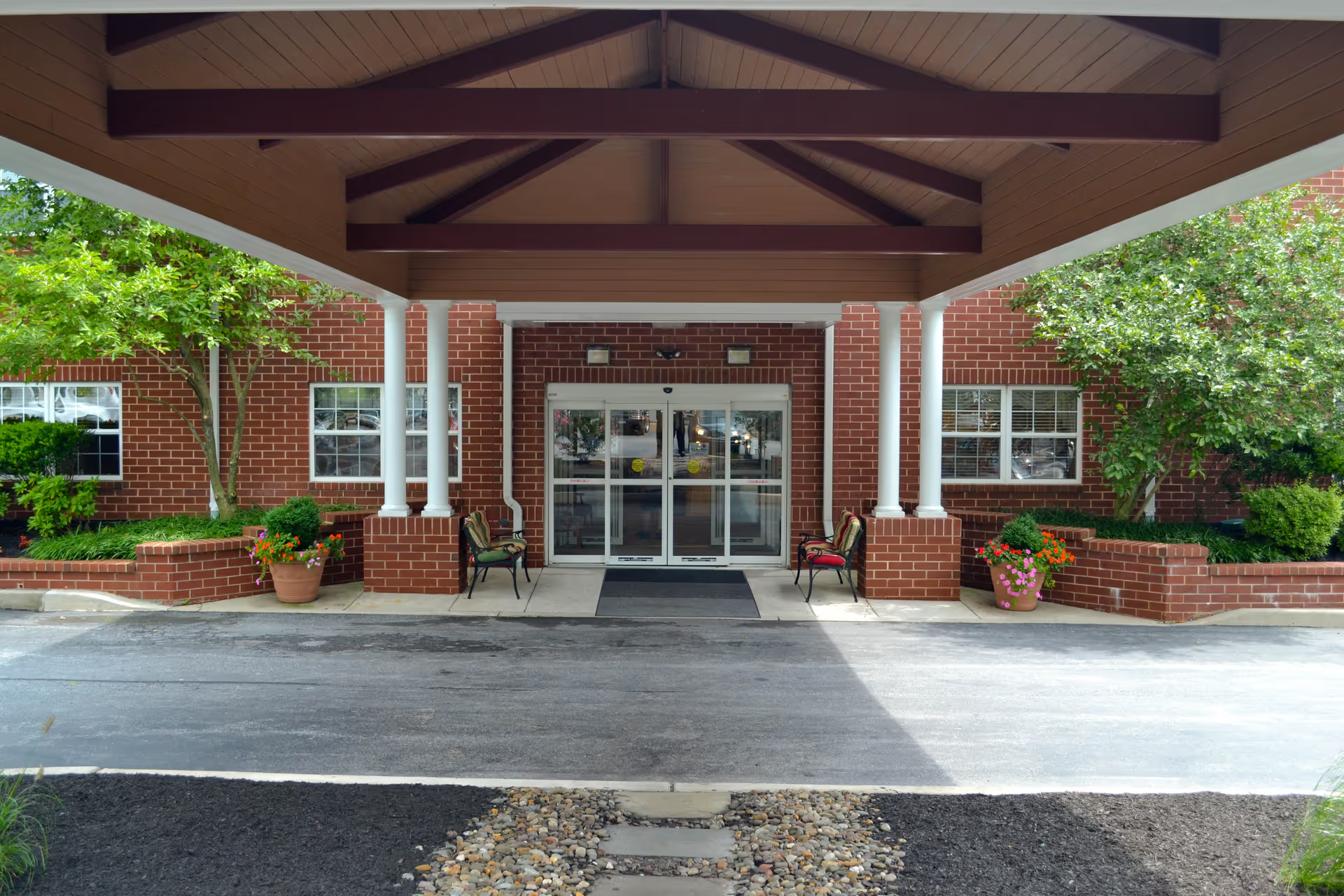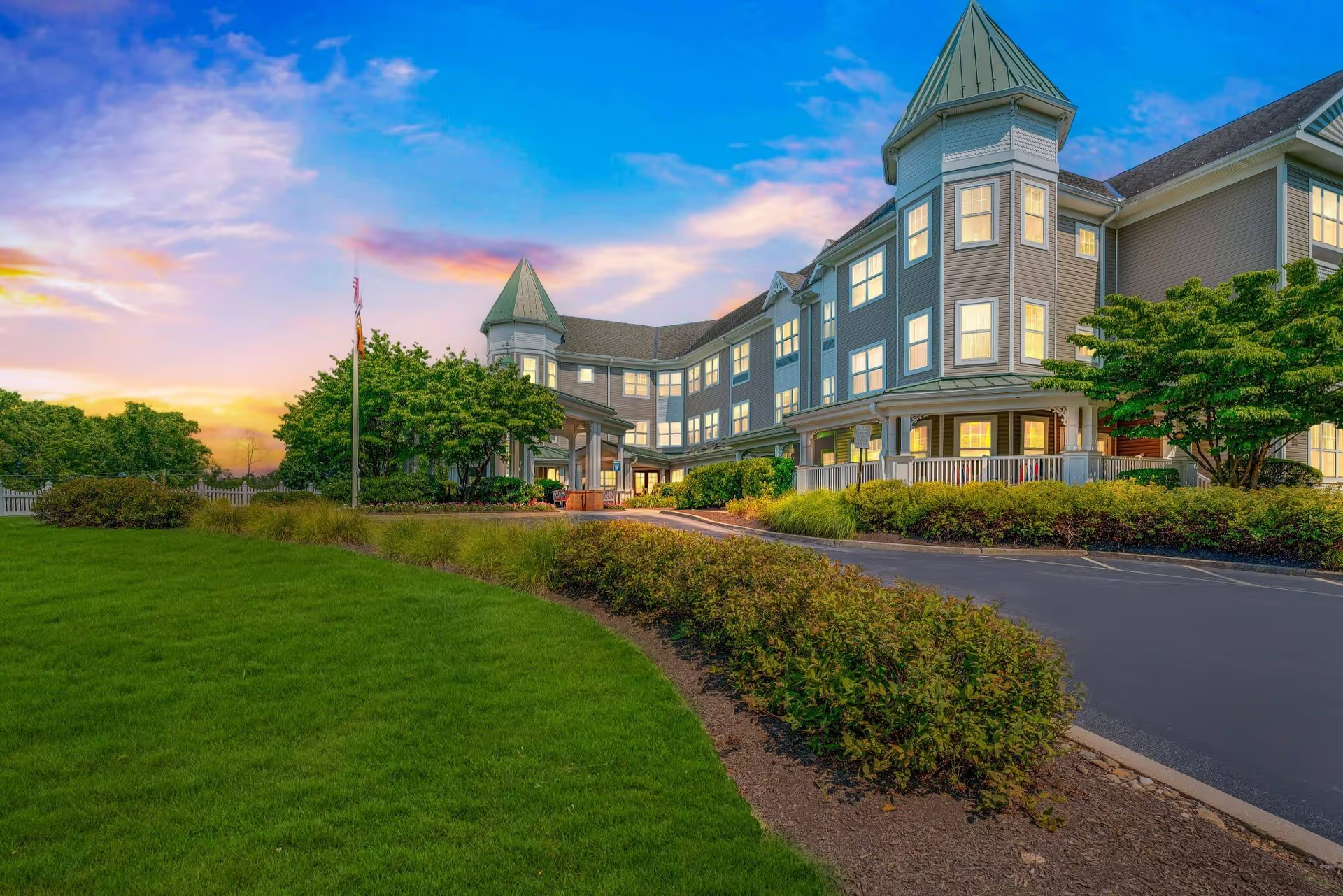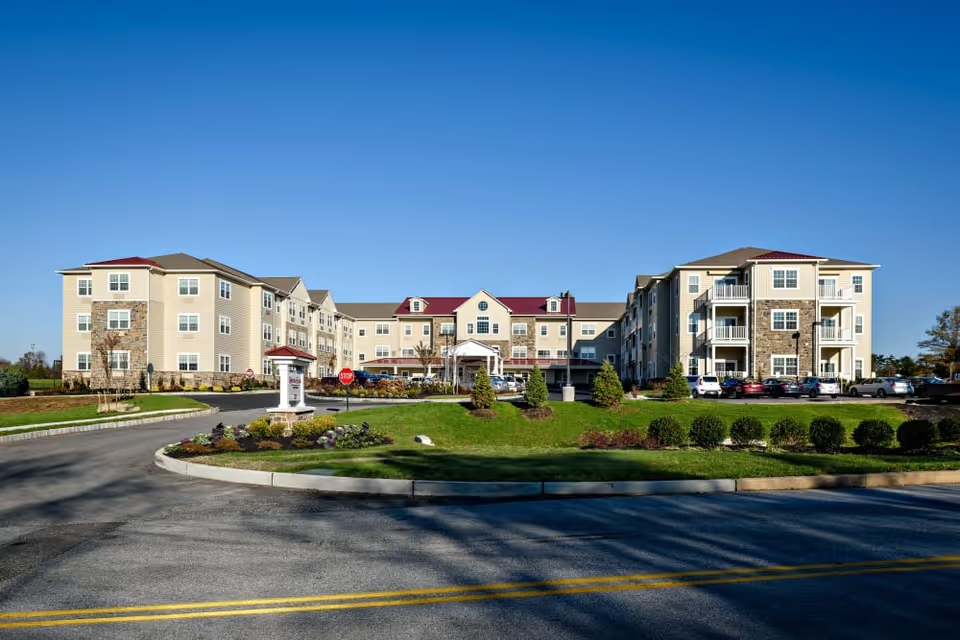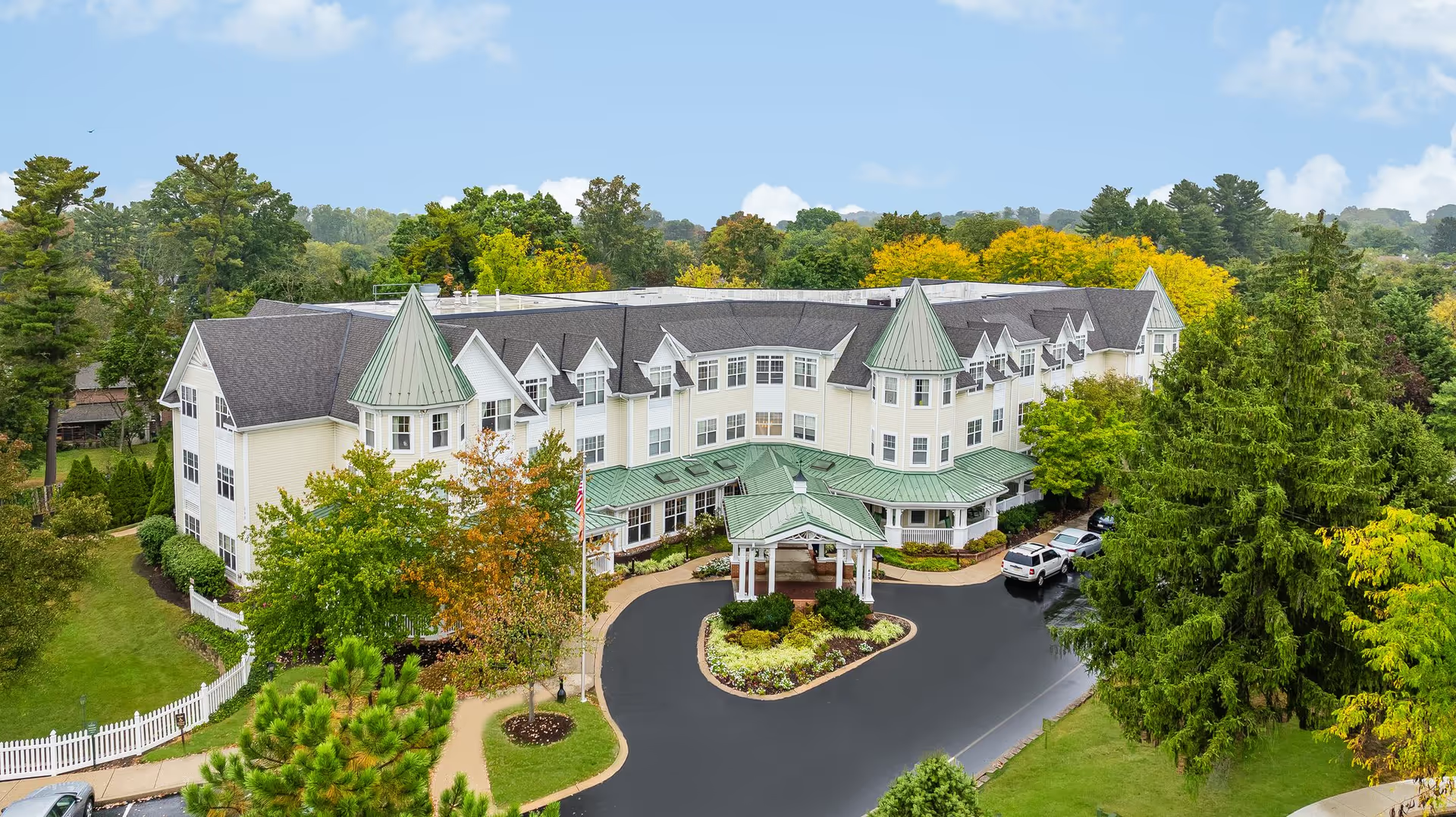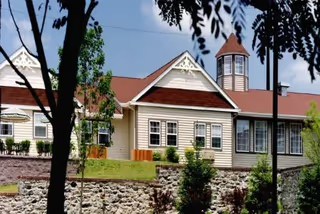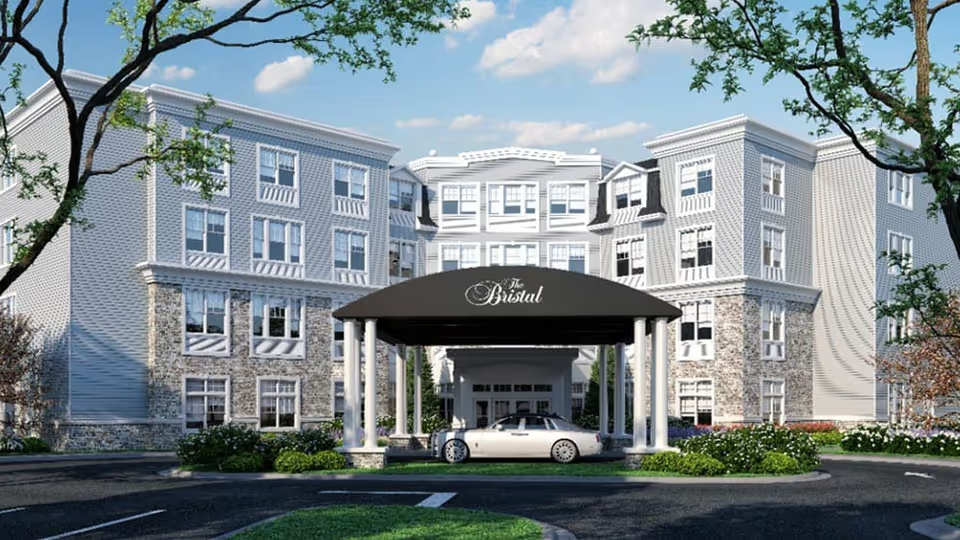St Joseph's Hospital Transitional Care Unit sits inside the main St Joseph's Hospital and has space for 85 people, though only 10 beds are open as of June 2025, and the place stays busy because so many different folks come through, whether they're seniors needing help after surgery or illness, people getting over substance use or mental health problems, or even those needing both at the same time, which is called dual diagnosis. They help a wide range of people including veterans, active military, military families, LGBT individuals, those with HIV or AIDS, pregnant women, court-referred clients, transitional age young adults, folks who are hearing impaired, and both men and women of all ages, so you get a real mix of backgrounds and needs there. Being part of a bigger hospital, they make sure residents get access to just about any medical service needed from wound care, memory care for dementia and Alzheimer's, rehabilitation like physical and speech therapy, psychiatric and mental health help, detox for drugs and alcohol, and intensive care day or night, so they cover seniors who need skilled nursing, people in recovery, or anyone who needs ongoing hospital support.
Care runs around the clock with trained staff, including medical folks, nurses, and specialists who stick close for safety and emergencies, which helps people feel more comfortable, and there's 24/7 security and supervision, a full call system, and an Emergency Alert System to keep residents safe at any time of day or night. Some get aftercare or continuing care to help stay on their feet after they leave, others meet with family or take part in assertive community treatment, and some folks work with legal advocates or get help with social services or housing and finances, which makes a big difference for people in tough situations. The staff uses program options like cognitive behavioral therapy, relapse prevention, 12-step groups, and dual diagnosis care, so both substance and mental health problems get treated. There are inpatient, outpatient, short-term, and long-term programs for adults, group therapy, remote telehealth visits, outpatient detox, and even special groups for women's care and postpartum recovery, and they use aftercare and assessments to manage ongoing recovery.
Besides the medical and mental health care, the unit has extras like meal preparation for all diets, even special ones for allergies or diabetes, and rooms come furnished with phones for convenience, with garden and walking paths for fresh air, and a spot for arts and crafts or even a barber and salon, so most days have a mix of planned activities like movie nights, celebrations, and a resident-run program to give people things to do and reasons to stay engaged. Folks also get help with the basics, like bathing, dressing, and managing medications, transfers, and cleaning or laundry, and there's a dedicated memory care floor for those who need more attention, with both structured and social activities to try to keep memory sharp. If needed, the unit takes Medicaid and Medicare, and help with moving in makes it less stressful to settle, so people facing big changes can worry less about the details.
Overall, St Joseph's Hospital Transitional Care Unit focuses on giving people a safe place to get strong again, whether from surgery, injury, addiction, or just because they're getting older, and urges patients to connect with all the services the hospital and unit offer, from high-level medical treatments like surgery, rehab, psychiatric care, and sleep disorder help, to pain management, heart and cancer care, and even everyday needs like blood tests or wound dressing, all so people can work toward feeling better.
